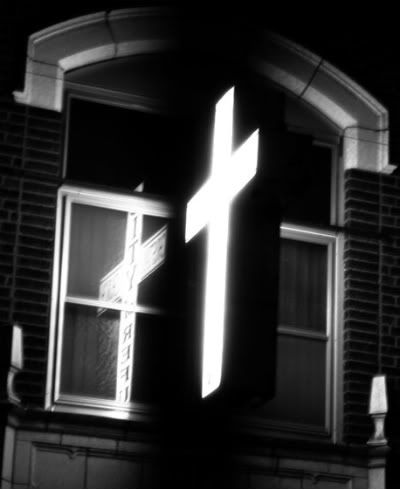The above video is from an October 10, 2003, performance at the New York City art space Location One.
The New York Times obituary by Ben Ratliff:
Leroy Jenkins, 74, Violinist Who Pushed Limits of Jazz, Dies
The violinist and composer Leroy Jenkins, one of the pre-eminent musicians of 1970s free jazz, who worked on and around the lines between jazz and classical music, died on Fridday in Manhattan. He was 74 and lived in Brooklyn.
The cause was complications of lung cancer, said his wife, Linda Harris.
Mr. Jenkins grew up on the South Side of Chicago. He started playing violin around age 7 and performed in recitals at St. Luke Church, one of the city’s biggest Baptist churches, accompanied by a young pianist named Ruth Jones, later known as the singer Dinah Washington. Mr. Jenkins subsequently joined the orchestra and choir at Ebenezer Baptist Church, directed by Dr. O. W. Frederick, who tutored him in the music of black composers like William Grant Still and Will Marion Cook.
At DuSable High School, Mr. Jenkins played alto saxophone under the band director Walter Dyett, a legendary figure in jazz education. He then attended Florida A & M University on a bassoon scholarship, though ultimately he played saxophone and clarinet in the concert band and studied the violin again.
After college, Mr. Jenkins spent four years as a violin teacher in Mobile, Ala. On returning to Chicago in 1964, he joined the Association for the Advancement of Creative Musicians (A.A.C.M.) a cooperative for jazz musicians determined to follow through on the structural advances of Ornette Coleman, Cecil Taylor and others who were widening the jazz tradition. In time, he became one of the most visible members of the organization, which persists today.
With Anthony Braxton, Steve McCall and Leo Smith, he formed the Creative Construction Company; the musicians in the group shifted to Paris, where they and other members of the Association for the Advancement of Creative Musicians built their international reputations in 1969 and 1970.
In 1970, Mr. Jenkins returned to the United States, at first living in Ornette Coleman’s loft in SoHo in New York. He formed the Revolutionary Ensemble, a trio with the bassist Sirone and the drummer Jerome Cooper; the group lasted for six years and fused Mr. Jenkins’s classical technique with a flowing, free-form aesthetic.
In the mid-1970s, after years of cooperative projects, he became a bandleader, and also wrote music for classical ensembles. He led the group Sting, which played a kind of splintered jazz-funk, and made a series of his own records for the Italian label Black Saint. He began to work in more explicitly classical situations, often with old Chicago colleagues like the pianist Muhal Richard Abrams. And he wrote music performed by the Brooklyn Philharmonic, the Kronos Quartet and other ensembles.
Mr. Jenkins’s trajectory eventually led him toward collaborations with choreographers, writers and video artists. They included “The Mother of Three Sons,” a collaboration with Bill T. Jones’s dance company, staged at New York City Opera in 1991; “The Negro Burial Ground,” a cantata; “Fresh Faust,” a jazz-hip-hop opera; and “Three Willies,” a multimedia opera. In recent years, Mr. Jenkins went back to smaller music-only projects, including the trio Equal Interest, with the pianist Myra Melford and the saxophonist Joseph Jarman; in 2004, he reunited with the Revolutionary Ensemble.

